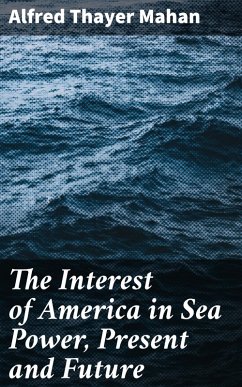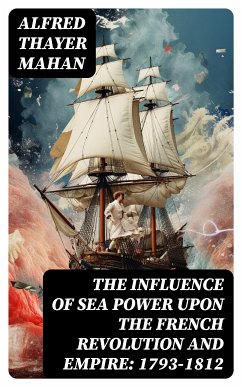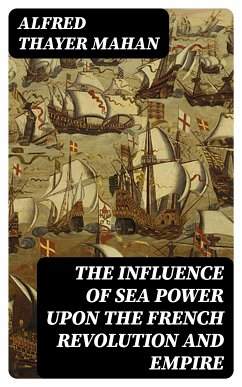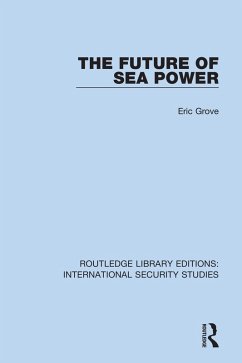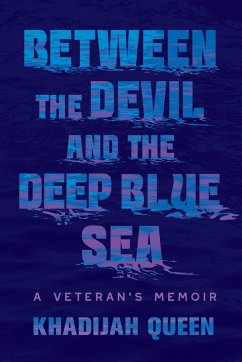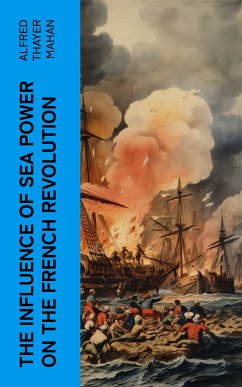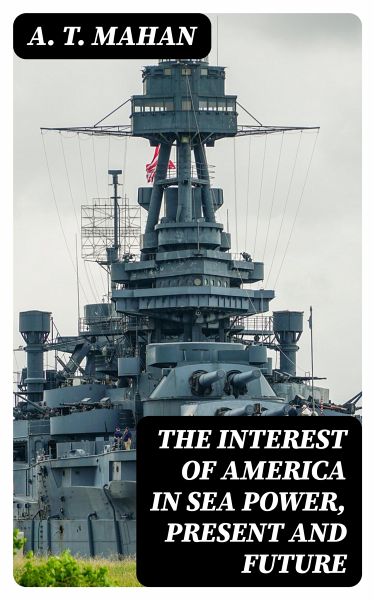
The Interest of America in Sea Power, Present and Future (eBook, ePUB)

PAYBACK Punkte
0 °P sammeln!
In "The Interest of America in Sea Power, Present and Future," A. T. Mahan articulates the paramount importance of naval strength in shaping national policy and securing global influence. Written in a compelling prose style reflective of late 19th-century American thought, Mahan's work employs historical analysis to illustrate the evolution of naval power and its direct correlation with national prosperity and security. This seminal text emerges during a period of imperial expansion and industrialization, engaging critically with contemporary geopolitical realities to argue for a robust mariti...
In "The Interest of America in Sea Power, Present and Future," A. T. Mahan articulates the paramount importance of naval strength in shaping national policy and securing global influence. Written in a compelling prose style reflective of late 19th-century American thought, Mahan's work employs historical analysis to illustrate the evolution of naval power and its direct correlation with national prosperity and security. This seminal text emerges during a period of imperial expansion and industrialization, engaging critically with contemporary geopolitical realities to argue for a robust maritime strategy that would revitalize American stature on the world stage. A. T. Mahan, a distinguished naval officer and historian, was profoundly influenced by the geopolitical dynamics following the Civil War. His extensive study of maritime history and its implications for national power uniquely positioned him to advocate for a doctrine that would resonate through subsequent decades, shaping both military strategy and foreign policy. His experiences at sea and within naval academia forged a perspective that recognized the ocean not merely as a barrier but as a vital avenue for trade and influence, informing his urgent call for investment in naval capabilities. This book is essential reading for those interested in military history, international relations, and the strategic underpinnings of American foreign policy. Mahan's insights remain invaluable in understanding the long-standing interplay between sea power and national interests, making this work not only a cornerstone of naval strategic literature but a critical lens through which contemporary global dynamics can be examined.
Dieser Download kann aus rechtlichen Gründen nur mit Rechnungsadresse in A, B, BG, CY, CZ, D, DK, EW, E, FIN, F, GR, H, IRL, I, LT, L, LR, M, NL, PL, P, R, S, SLO, SK ausgeliefert werden.




